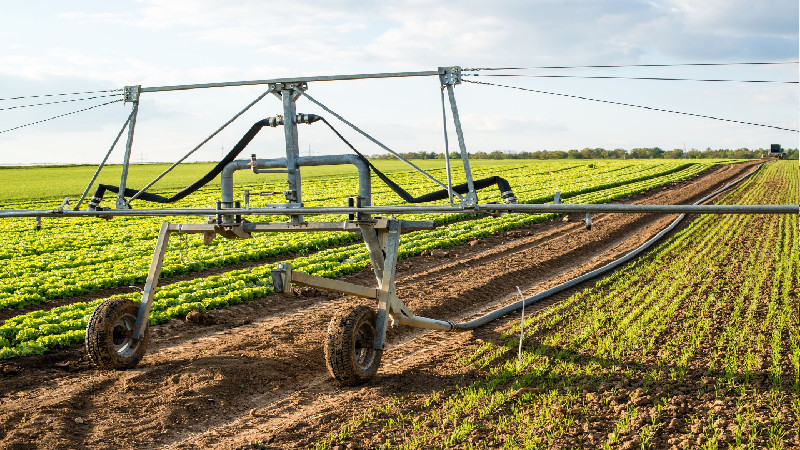Soil carbon is an important component of agricultural productivity, since it helps to improve soil health and fertility. Farmers and agricultural professionals can improve crop yields and contribute to sustainable farming methods by learning about the benefits of soil carbon. In this essay, we look at the significance of soil carbon and how it might improve agricultural productivity.
What is Soil Carbon and Why is It Important?
Soil organic matter, which includes decomposing plant and animal materials, stores carbon. This organic matter is necessary for soil structure, water retention, and nutrient availability. Increasing soil carbon levels can improve soil fertility, minimize erosion, and increase water infiltration, making it an important aspect of sustainable agriculture.
How Does Soil Carbon Influence Crop Yields?
Soil carbon directly affects soil health. Higher soil carbon levels improve soil structure, allowing roots to penetrate deeper and gain access to nutrients and water. This, in turn, increases crop growth and yield. Soil carbon also works as a nutrient reservoir, gradually releasing nutrients as plants require them, guaranteeing a consistent supply of important elements throughout the growth season.
A Partner in Progress: Groundwork BioAg’s Commitment to Sustainable Farming
With the use of cutting-edge biological solutions, Groundwork BioAg is committed to enhancing agricultural output. Their products use mycorrhizal fungus to boost soil health, nutrient uptake, and crop yields. With a focus on sustainability and efficiency, they give farmers the tools they need to create healthier, more productive soils. Visit their website for additional information on how their solutions might improve your farming methods.







